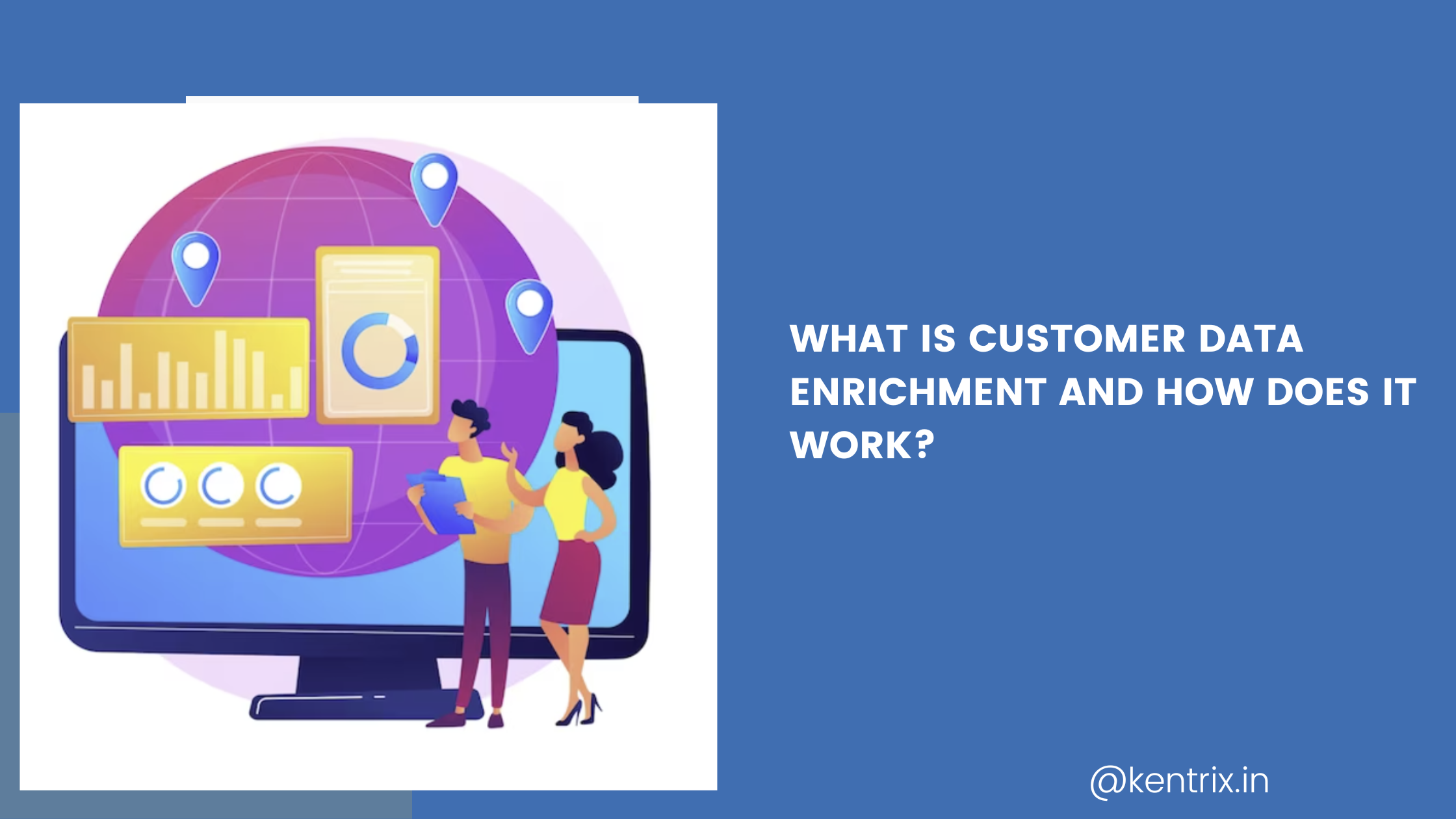Introduction
Welcome to the comprehensive guide on Consumer Data Platform India. In today’s data-driven world, businesses need effective tools to manage and utilize consumer data efficiently. A Consumer Data Platform (CDP) plays a crucial role in achieving this goal by providing a unified platform for collecting, organizing, and analyzing customer data.
What is a Consumer Data Platform?
Consumer Data Platform India refers to a software platform that allows businesses to consolidate customer data from various sources into a single unified view. This includes data from online and offline interactions, such as website visits, social media engagement, purchase history, and more. By centralizing this data, organizations gain valuable insights into customer behavior and preferences.
Importance of Consumer Data Platforms
Consumer Data Platform India is essential for businesses looking to enhance customer experiences, personalize marketing efforts, and make data-driven decisions. With a CDP, companies can create targeted campaigns, improve customer retention, and drive overall growth.
Key Features
Consumer Data Platform India offers several key features that distinguish it from traditional data management solutions:
- Unified Customer Profile: Create a 360-degree view of each customer by combining data from multiple touchpoints.
- Data Integration: Seamlessly integrate data from various sources, including CRM systems, social media platforms, and third-party applications.
- Segmentation and Targeting: Divide customers into segments based on behavior, demographics, and preferences for personalized marketing.
- Real-time Data Processing: Access and analyze customer data in real time to make timely business decisions.
- Cross-channel Engagement: Deliver consistent experiences across different channels, such as email, social media, and mobile apps.
Benefits of Using CDPs
Implementing a Consumer Data Platform India offers several benefits to businesses:
- Improved Customer Insights: Gain a deeper understanding of customer behavior and preferences.
- Enhanced Marketing Effectiveness: Create targeted campaigns that resonate with specific customer segments.
- Increased Customer Engagement: Deliver personalized experiences that drive customer loyalty and satisfaction.
- Data Privacy Compliance: Ensure compliance with data protection regulations, such as GDPR and CCPA.
- Operational Efficiency: Streamline data management processes and improve overall operational efficiency.
How Consumer Data Platforms Work
Consumer Data Platform India follows a structured process to collect, process, and utilize customer data effectively:
Data Collection Process
- Data Sources: Collect data from various touchpoints, including websites, mobile apps, social media, and offline interactions.
- Data Integration: Integrate data from different sources into a centralized repository for analysis.
- Data Cleansing: Cleanse and standardize data to ensure accuracy and consistency.
- Data Enrichment: Enhance customer profiles with additional data points for better insights.
Data Processing and Analysis
- Data Segmentation: Segment customers based on behavior, demographics, and other criteria.
- Predictive Analytics: Use machine learning algorithms to predict future customer behavior and trends.
- Campaign Optimization: Optimize marketing campaigns based on data-driven insights for better results.
Types of Consumer Data Platforms
Consumer Data Platform India can be categorized into two main types based on deployment:
Cloud-Based CDPs
Cloud-based CDPs offer scalability, flexibility, and easy accessibility. They are hosted on cloud infrastructure, allowing businesses to access data from anywhere and scale their operations as needed.
On-Premise CDPs
On-premise CDPs are installed and maintained on the company’s servers. While they offer greater control over data and security, they may require more resources for maintenance and upgrades.
Consumer Data Privacy
Ensuring consumer data privacy is a top priority for businesses using CDPs. Here are key considerations:
GDPR Compliance
Complying with the General Data Protection Regulation (GDPR) ensures that customer data is collected and processed responsibly, with transparency and consent.
Data Security Measures
Implement robust data security measures, such as encryption, access controls, and regular audits, to protect customer data from unauthorized access and breaches.
Choosing the Right CDP
Selecting the right Consumer Data Platform India involves considering several factors:
Factors to Consider
- Scalability: Ensure the CDP can handle growing data volumes and user demands.
- Integration Capabilities: Choose a platform that integrates seamlessly with existing systems and tools.
- Customization Options: Look for a CDP that allows customization to meet specific business needs.
- Vendor Reputation: Select a reputable CDP provider with a track record of delivering reliable solutions.
Popular CDP Providers
Some of the leading Consumer Data Platform India providers include Segment, Tealium, BlueConic, and Salesforce Customer 360.
Implementing a CDP Strategy
Successfully implementing a Consumer Data Platform India requires a strategic approach:
Integration Process
- Assessment: Evaluate existing data infrastructure and identify integration points.
- Data Mapping: Map data sources to the CDP structure for seamless integration.
- Testing and Optimization: Test the CDP implementation and optimize workflows for efficiency.
CDP Best Practices
- Data Governance: Establish data governance policies and protocols for data management.
- Training and Education: Provide training to employees on using the CDP effectively.
- Continuous Improvement: Regularly review and optimize CDP processes for better results.
Real-World Applications
Consumer Data Platform India finds applications across various industries, including:
- E-commerce: Personalize product recommendations and offers based on customer preferences and behavior.
- Marketing and Advertising: Target specific audience segments with tailored marketing campaigns for higher conversion rates.
Future Trends in CDP Technology
The future of Consumer Data Platform India is driven by advancements in AI and personalization:
AI Integration
Integrate AI and machine learning capabilities into CDPs for predictive analytics, dynamic segmentation, and automated decision-making.
Personalization
Enhance customer experiences with hyper-personalized content, product recommendations, and targeted marketing strategies.
Conclusion
In conclusion, Consumer Data Platform India plays a crucial role in helping businesses leverage customer data for improved marketing effectiveness, personalized experiences, and data-driven decision-making. By understanding the key features, benefits, and implementation strategies of CDPs, organizations can stay ahead in today’s competitive landscape.





